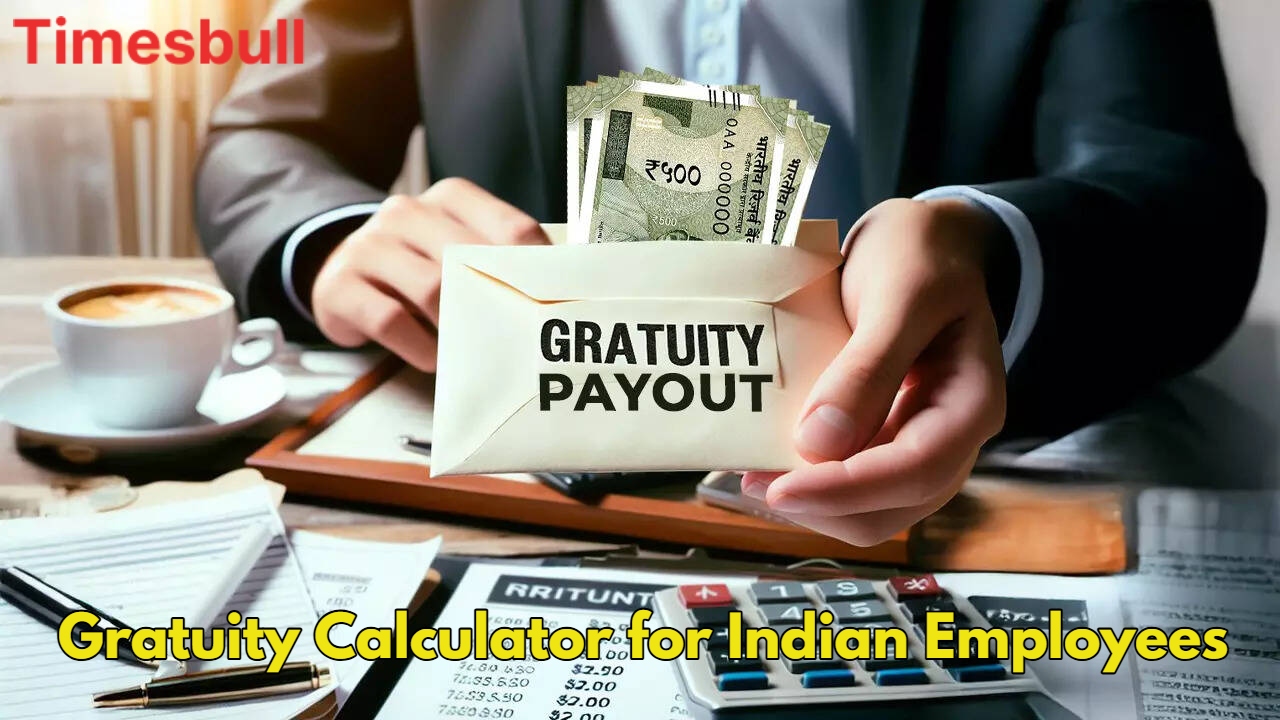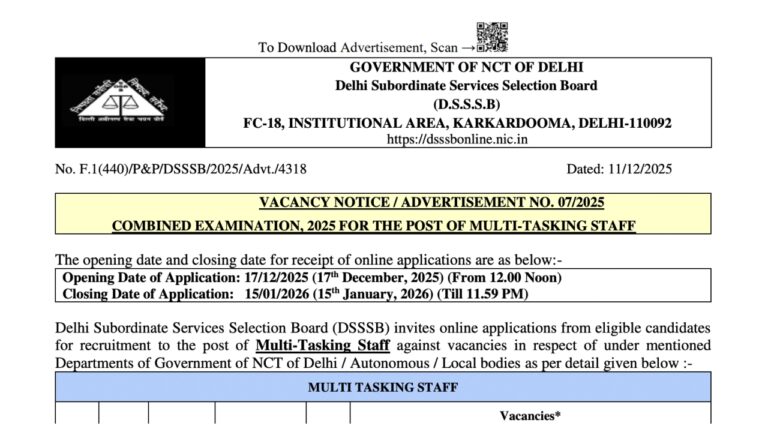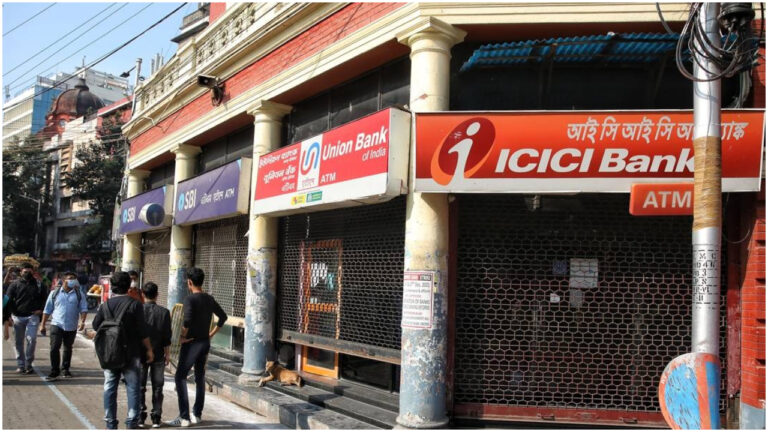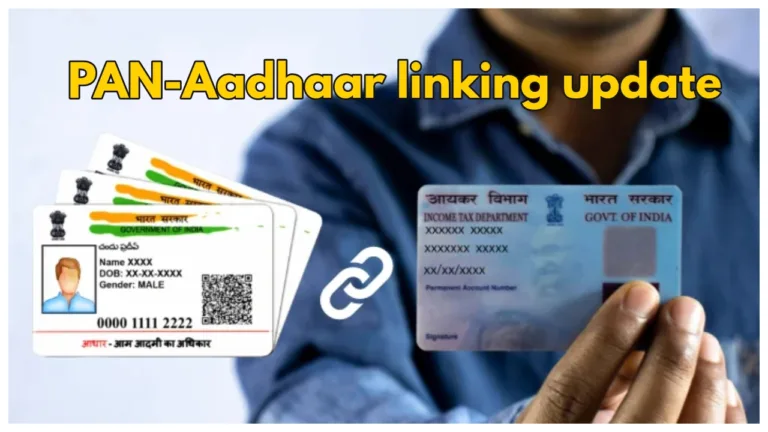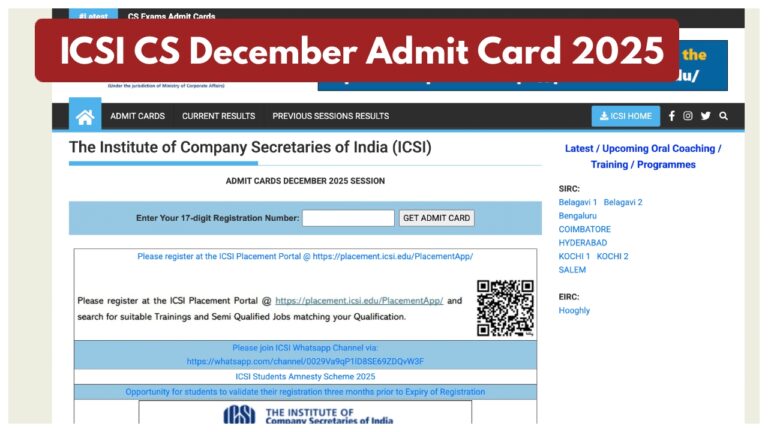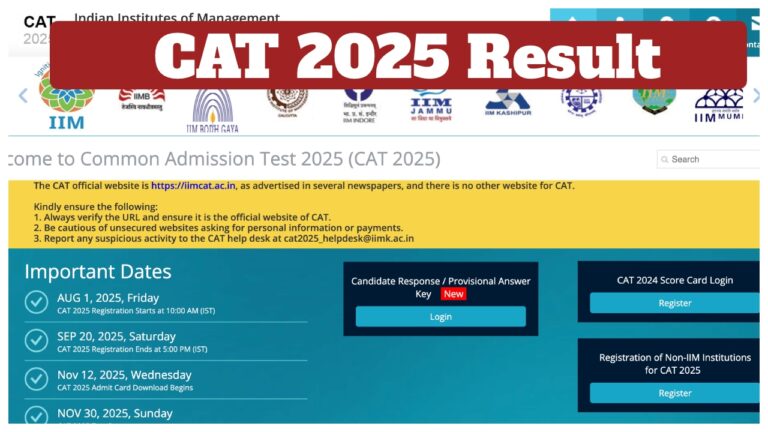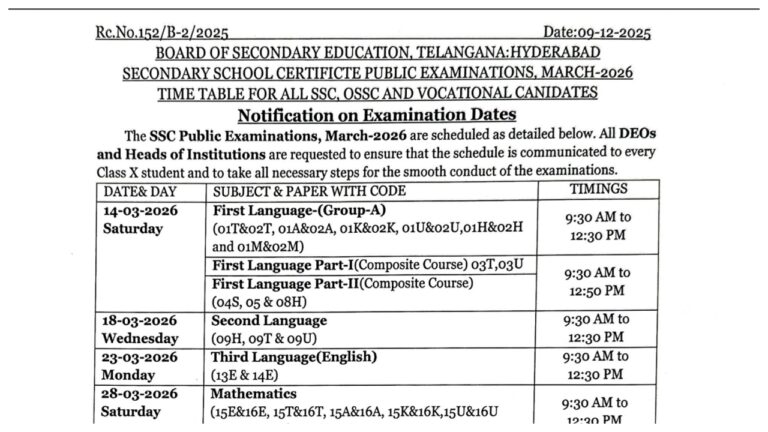Gratuity Payment: Whether your Last Drawn Salary is ₹40,000, ₹60,000, or ₹80,000, we will give you the exact gratuity amount using the official formula under the Payment of Gratuity Act, 1972. Understand your eligibility, how tenure is calculated, and what factors affect your final payout.
Whether you are retiring, taking early retirement, resigning, or just curious. This gratuity calculator is for you. This guide is your quick reference for gratuity calculation and retirement planning for salaried employees in India.
What is gratuity and why is it paid
Gratuity is a lump sum payout given by your employer as a token of appreciation for long-term service. As per the Payment of Gratuity Act, of 1972, it is a legal benefit for employees who have served for five years or more. It is a type of retirement benefit given to employees for their loyalty and contribution to the company.
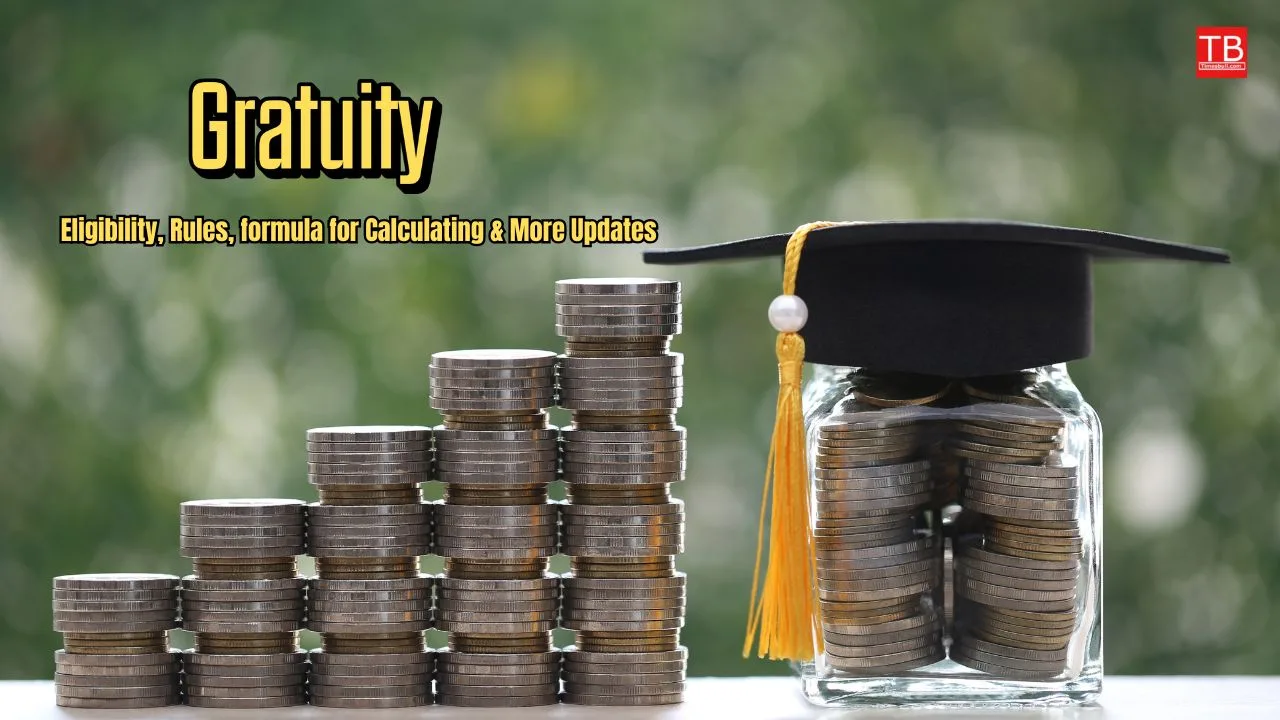
Who can claim gratuity and when
You become eligible for gratuity after completing 5 years of continuous service. However, in cases of death or disability, this waiting period is waived. This means that in such cases the 5-year service condition does not apply and the employee’s dependents or himself get the benefit of gratuity immediately.
Terms of Gratuity Payment
Gratuity is paid in the following situations:
- Retirement
- Resignation after 5 years
- Superannuation
- Permanent Disability or Death
Gratuity Service Period
Completed years are taken into account in gratuity calculation. If your service is 6 years and 8 months, it will be counted as 7 years, as anything over 6 months is considered a full year. This rule is very beneficial for employees, as it helps them get more gratuity.
What factors does gratuity depend on
The final amount of your gratuity depends mainly on two major factors:
It consists of the basic salary and Dearness Allowance (DA), if applicable. The higher this amount is, the higher your gratuity will be.
As mentioned above, it is counted in full years and a period of more than 6 months is considered as a full year. Both these factors directly affect the final amount you get.

Can companies refuse to pay gratuity
No, if the employer is covered under the Gratuity Act and you meet the eligibility criteria, they cannot refuse to pay gratuity. It is a statutory right that is protected by law. If a company refuses to pay gratuity, employees can take legal action.
Gratuity Formula
Use this simple formula to calculate gratuity:
Gratuity=(Last salary drawn × Number of years of service×15)÷26
You get 15 days of salary for every year you work, based on a 26-working-day month.
Example calculations:
Gratuity after 6 years and 8 months on a salary of ₹40,000:
Years completed (if more than 6 months): 7 years.
Formula: (40,000 × 7 × 15) ÷ 26
Estimated gratuity: ₹1,61,538
If your last drawn salary was ₹40,000 and you worked for 6 years and 8 months, your gratuity will be approximately ₹1.61 lakh.

How much will your gratuity be on a monthly salary of ₹60,000
Years completed: 7 years
Formula: (60,000 × 7 × 15) ÷ 26
Estimated gratuity: ₹2,42,307
With a monthly salary of ₹60,000 and 6 years and 8 months of service, your estimated gratuity payout is around ₹2.42 lakh.
What will be your gratuity on a monthly salary of ₹80,000
Years completed: 7 years
Formula: (80,000 × 7 × 15) ÷ 26
Estimated gratuity: ₹3,23,076
For a final salary of ₹80,000 and 6 years and 8 months of service, your gratuity amount will be around ₹3.23 lakh.
